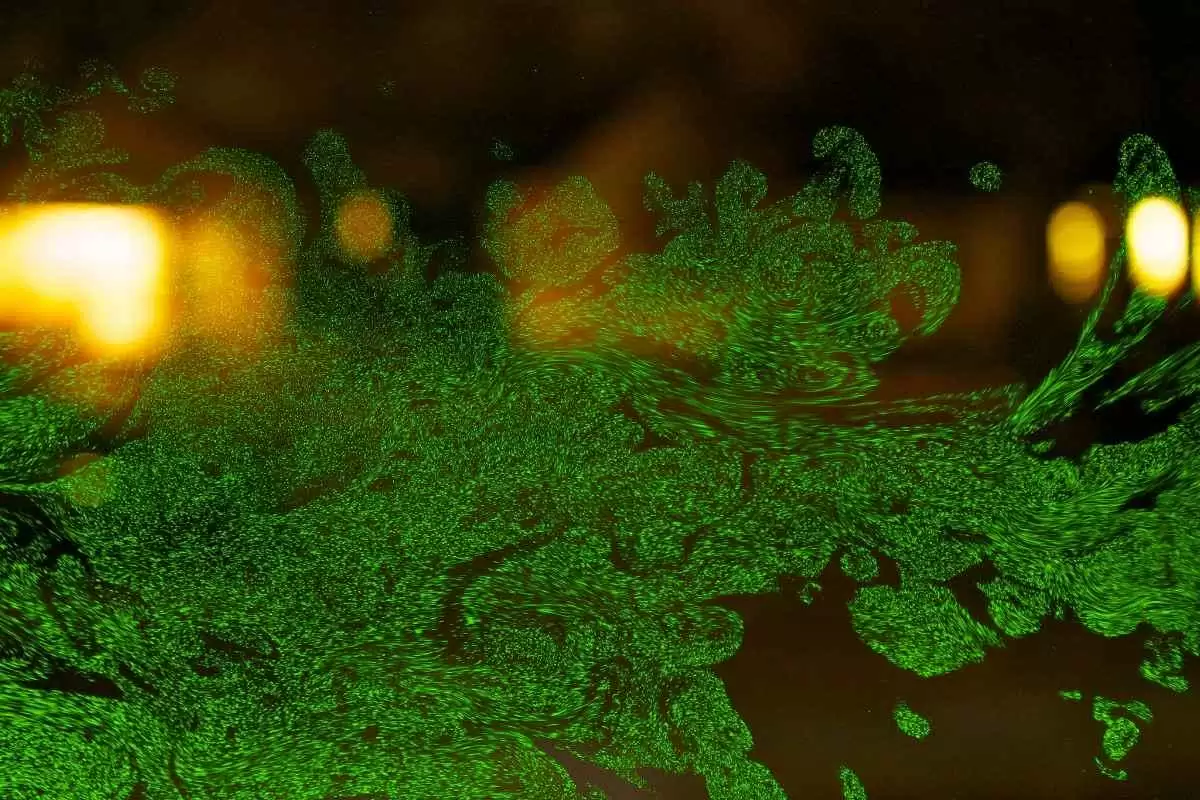
Celiac.com 05/21/2022 - “My daughter has celiac disease. I do the best I can to provide her with gluten-free food, but I don’t know everything that has gluten in it. I give her these pills from the health food store, because they say they block gluten. I want to make sure she is healthy. Am I giving her enough of these pills?”
What Is The Antidote To Questionable Information?
Celiac.com Sponsor (A12):
We all know the saying, “if something sounds too good to be true, it probably is.” When this question was asked by a participant at one of our education presentations, we informed her that while research was underway, at this time no pill could block gluten. We said that if and when such a discovery was made, it would be scientifically validated and widely available. We offered her assistance with her questions about the gluten-free diet.
Many people who live with more commonly known medical conditions like cancer, heart disease, and diabetes have numerous ways to verify the accuracy of the health information they acquire, including a simple call to their doctor’s office.
So what happens when the patient knows more than the doctor? Many celiacs face this scenario, and are not always certain how to verify information they hear about celiac disease in a support group meeting, in a newsletter or even in the doctor’s office. How can celiacs learn if the medical or dietary information they’ve acquired is “too good to be true?”
A healthy dose of skepticism is the antidote to the information about celiac disease that seems too good to be true.
Awareness Is a Double-Edged
Sword Awareness of celiac disease has led to a greater appreciation of the needs of people on a gluten-free diet, as well as the importance of correctly diagnosing the condition in a timely manner. This is a very positive development, as it will encourage physicians to become more knowledgeable and diagnose more people.
However, the heightened interest in celiac disease has also lead to the increased dissemination of inaccurate information which could dissuade symptomatic people from receiving the highest standard of medical care for diagnosing celiac disease and the most up-to-date information on the gluten-free diet.
Of course, we’d all prefer a world with a greater level of awareness about celiac disease. But it can be helpful to understand how this would bring about more opportunities for misinformation as well.
Vital Signs: Evaluating Information about Celiac Disease
We already understand how important it is to be skeptical about much information in our daily lives, and it is important to apply this skepticism to celiac disease as well. There are many questions you can ask about the information you’ve learned in order to authenticate its source and verify its content.
Consider the Source: Speaker
Who is delivering the information? What interests do they represent (who pays their salary)? Are they presenting information that is representative of their expertise? Do they share information about their conflicts of interest (an individual who works for a testing company that is speaking about testing for celiac disease, for example)? Is the person honest about what they know and don’t know? Does the individual presentation that has been scientifically valuated (evaluated and published in a peer-reviewed medical journal) or do they present information that is based on clinical experience and individual judgment? Are they telling you which are which?
Consider the Source: Published Article/Website
Where does the article appear—is it a support group newsletter, your local newspaper or the New England Journal of Medicine? Is it an editorial, which expresses an opinion or an article which presents factual information from a third party’s point of view? What type of review process did the article go through before it was published?
Is the medical journal article a research study, a case report, or an editorial? A research study goes through the highest level of scrutiny. Was the study well designed— prospective, controlled for bias, and an adequate number of patients?
Is the website a .com, representing a commercial interest, a .edu, representing a university, or a .org, representing a non-profit? Is the site sponsored by a commercial interest? Do they present information in a way that is consistent with the guidelines on evaluating an article or speaker? Is the information presented an interpretation of the original source material, or the original material itself?
Consider the Source: Media
Television and radio stories on any type of medical topic are usually to report some type of breakthrough or discovery. Interviews with patients will often depict extremes, either the most desperate situation or a “miracle” recovery. Accuracy, while important, is seldom achieved in a 30 second television story or a 60 second radio spot.
Consider Content and Context
Is there an established, credible resource you can use to verify the content of the information you’ve received? Is the resource unrelated to the source of your information?
Was the information presented in a way that you felt less than capable, afraid or anxious? Was the information presented in the context of selling a product or a service, or to encourage you to take a particular course of action?
Consider Uncertainty
When a patient is evaluated or diagnosed with a medical condition, it is often difficult to realize that treatment decisions have to be made without perfect information. The level of uncertainty during this process can vary.
For instance, a knowledgeable physician knows that there is a high degree of certainty when a patient has a negative tTG test that it is accurate and the patient requires no further evaluation for celiac disease. However, the same physician understands that a positive tTG test result does not bring that same high degree of certainty—that there is less than a 50% chance of the patient actually having celiac disease. However, this probability is high enough to suspect celiac disease and perform an endoscopy.
For a person diagnosed with celiac disease, evaluating the gluten content of foods can be an uncertain process. While there are numerous resources available, and a new food labeling law that will take effect in a year, there is still uncertainty. Food lists change after they are printed, what happens in a restaurant kitchen may not be related to the in-depth instruction that a patron provided about his/her meal, and celiac legends about foods that are safe or unsafe abound on list servs and in support groups.
Check, Check, Double Check
Verifying the quality of the information you receive about celiac disease is not unlike verifying the gluten-free status of your meals; double checking ingredients, or information is always important.
Most of the time, you’ll find that the people, companies and organizations that serve the celiac community are doing so with the highest level of professionalism and personal integrity. But it’s always good to make sure. A little bit of gluten, like a little bit of bad information, can be detrimental to your health.



.webp.1862b660792706c250980da30a2a953d.webp)







Recommended Comments
Create an account or sign in to comment
You need to be a member in order to leave a comment
Create an account
Sign up for a new account in our community. It's easy!
Register a new accountSign in
Already have an account? Sign in here.
Sign In Now